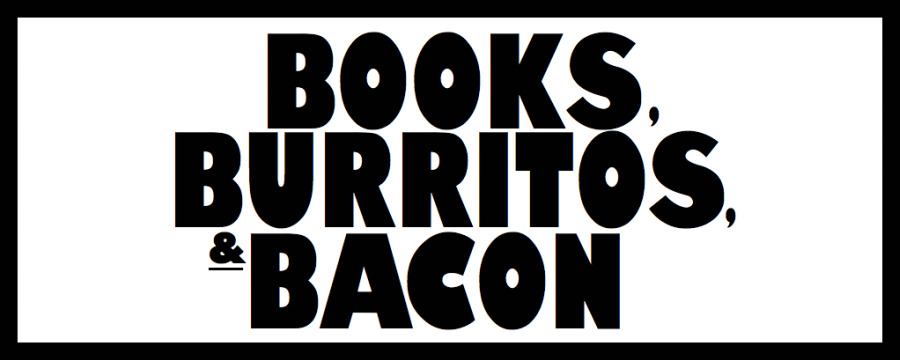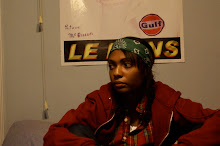Bertie Wooster, narrator and oddly loveable upper-class twit, is deliciously idle and pals around with other hoighty-toighty wealthy folk who privilege decorum to such an outrageous extent that they inevitably wind up in the goofiest, most trifling predicaments. It’s up to intuitive, imperturbable Jeeves, Bertie’s valet (or “manservant” if you want to be creepy about it) to sort them all out.
On the face of it, The Code of the Woosters is 286 pages of unbridled hullabaloo (the bulk of the conflict revolves around a cow-creamer that several of the older, haughtier players of this farce covet for indiscernible yet clearly trivial reasons). But dismissing the book as insignificant fluff is wrong. Wrong, wrong, wrong. Oh, so dreadfully wrong. P.G. Wodehouse’s intentions may not have been as lofty as those of some of the writers that we so nerdily dub “literary,” but there is still something special about this book, something special about Wodehouse. I’ve always felt that it is far more difficult to tickle the funny bone than tug at the heartstrings (though I will waffle a bit here and say that it takes a considerable amount of talent to do either effectively). Page for page, I don’t believe that I’ve ever read a book quite as quippy asThe Code of the Woosters; it’s just brimming with wit. And while every gag may not be a howler, there’s no denying Wodehouse’s comedic artistry.
The humor is thoroughly British—often very reserved and satirical but also very, very silly. The dialogue has this enjoyable rapid-fire quality, and even though I, of course, believe that literature has its own inherent worth and books are perfectly fine in their God-given form, The Code of the Woosters just lends itself to cinematic/theatrical adaptation (I’m currently watching the third season of Jeeves and Wooster on DVD).
And the language, ah, the language! There is a terrific rhythm to Bertie’s narration and the diction, well, I suppose it’s 1930s English slang, and I loved it. Some of the Bertie words and phrases that I marked include:
“Five hundred’s pretty good sugar, if you ask me.”On the front cover of my edition, there is a quote that reads:
“But that’s just what I’m driving at. That’s just where you’re making your bloomer.”
“The gravity of the situash had at last impressed itself upon her. She uttered a squeak of dismay, and her eyes became a bit soup-platey.”
“He opened the small suitcase, and I lit a cigarette and proceeded to stress the moral lesson to be learned from all this rannygazoo.”
“Wodehouse is the funniest writer—that is, the most resourceful and unflagging deliverer of fun—that the human race a glum crowd, has yet produced.”Another critic says:
“He who has not met Wodehouse has not lived a full life.”There is a heap of praise that I would like to heave onto the pile—The Code of the Woosters is a fantastic bit of social commentary, the characters are exquisitely rendered, etc.—but I don’t think that I would be able to articulate it any better than this, so I’m going to stop right here. What I will say is that I’m glad to have finally read a little Wodehouse.
(for anyone who cares, here is a great interview Wodehouse did for the Paris Review, published in 1975)


